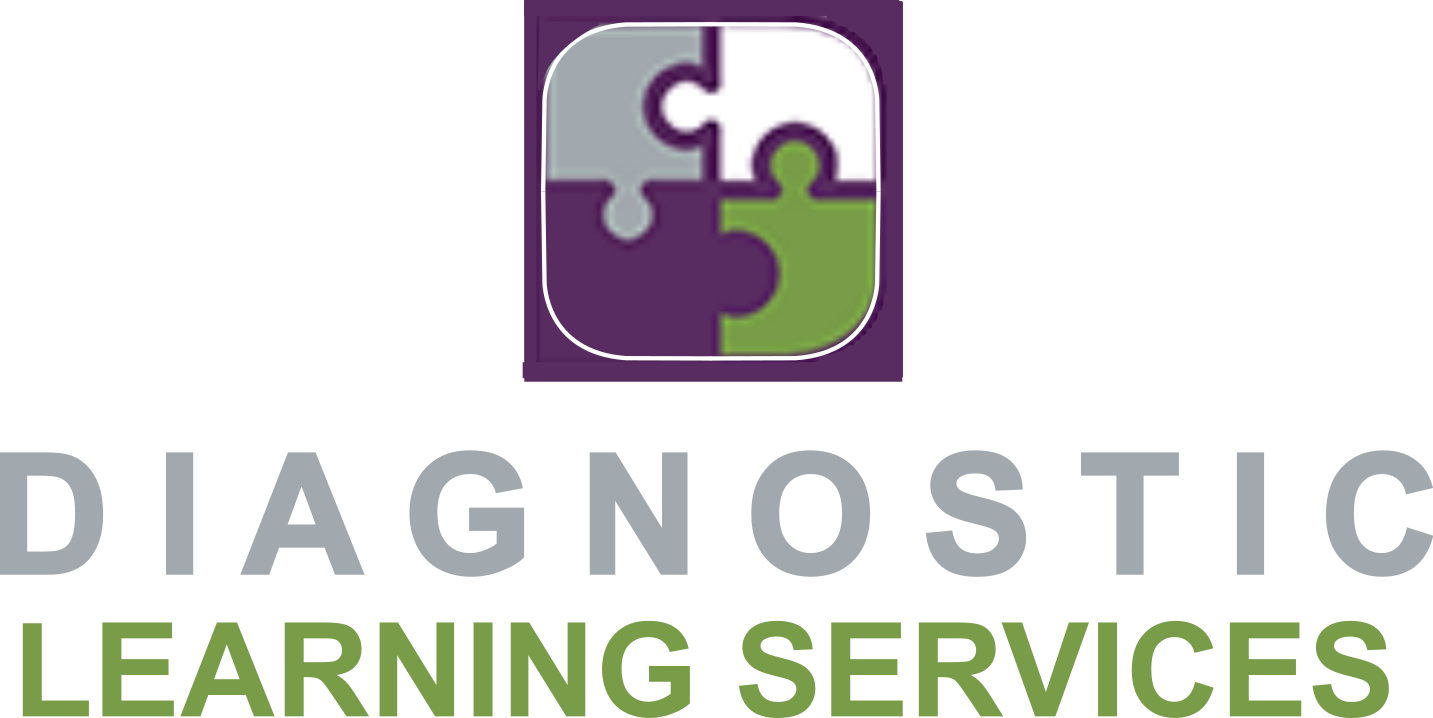Navigating ADHD: Unraveling the Complex Relationship Between ADHD and Math Difficulties
Living with Attention-Deficit/Hyperactivity Disorder (ADHD) can present a unique set of challenges, and one area where these challenges often become apparent is in the realm of mathematics. While individuals with ADHD are known for their creativity, energy, and out-of-the-box thinking, they may encounter specific difficulties when it comes to mastering mathematical concepts. In this blog post, we'll explore the intricate relationship between ADHD and math difficulties, shedding light on the experiences of those navigating this complex intersection.
Understanding ADHD:
ADHD is a neurodevelopmental disorder characterized by persistent patterns of inattention, hyperactivity, and impulsivity. It affects people of all ages, and its impact extends beyond just attention-related issues. Individuals with ADHD may also struggle with executive functions, such as organization, time management, and working memory.
The Math Challenge:
Mathematics demands a unique combination of cognitive skills, including sustained attention, working memory, and the ability to organize and sequence information. For individuals with ADHD, these cognitive functions can pose significant hurdles. Math involves step-by-step problem-solving, a task that can be particularly challenging for those with ADHD who may find it difficult to maintain focus and resist distractions.
Common Challenges:
Attention Difficulties: Individuals with ADHD may struggle to sustain attention during math tasks, leading to errors due to missed steps or details.
Working Memory Issues: Working memory is crucial for holding and manipulating information. Individuals with ADHD may find it challenging to keep track of multiple steps in a math problem.
Impulsivity: Impulsive behavior can interfere with careful calculation and lead to errors. This impulsivity might manifest as hasty answers without thorough consideration.
Time Management: Time awareness and time management difficulties can hinder the ability to complete math assignments within given time constraints.
Helpful Strategies:
Structured Learning Environment: Creating a structured and organized learning environment can help individuals with ADHD stay focused and on track during math activities.
Multisensory Learning: Engaging multiple senses, such as incorporating visuals, hands-on activities, and verbal explanations, can enhance understanding and retention of mathematical concepts.
Break Down Tasks: Breaking down complex math problems into smaller, more manageable steps can make the overall task less overwhelming for individuals with ADHD.
Use of Technology: Leveraging technology, such as math-related apps or interactive software, can make learning more engaging and accessible.
